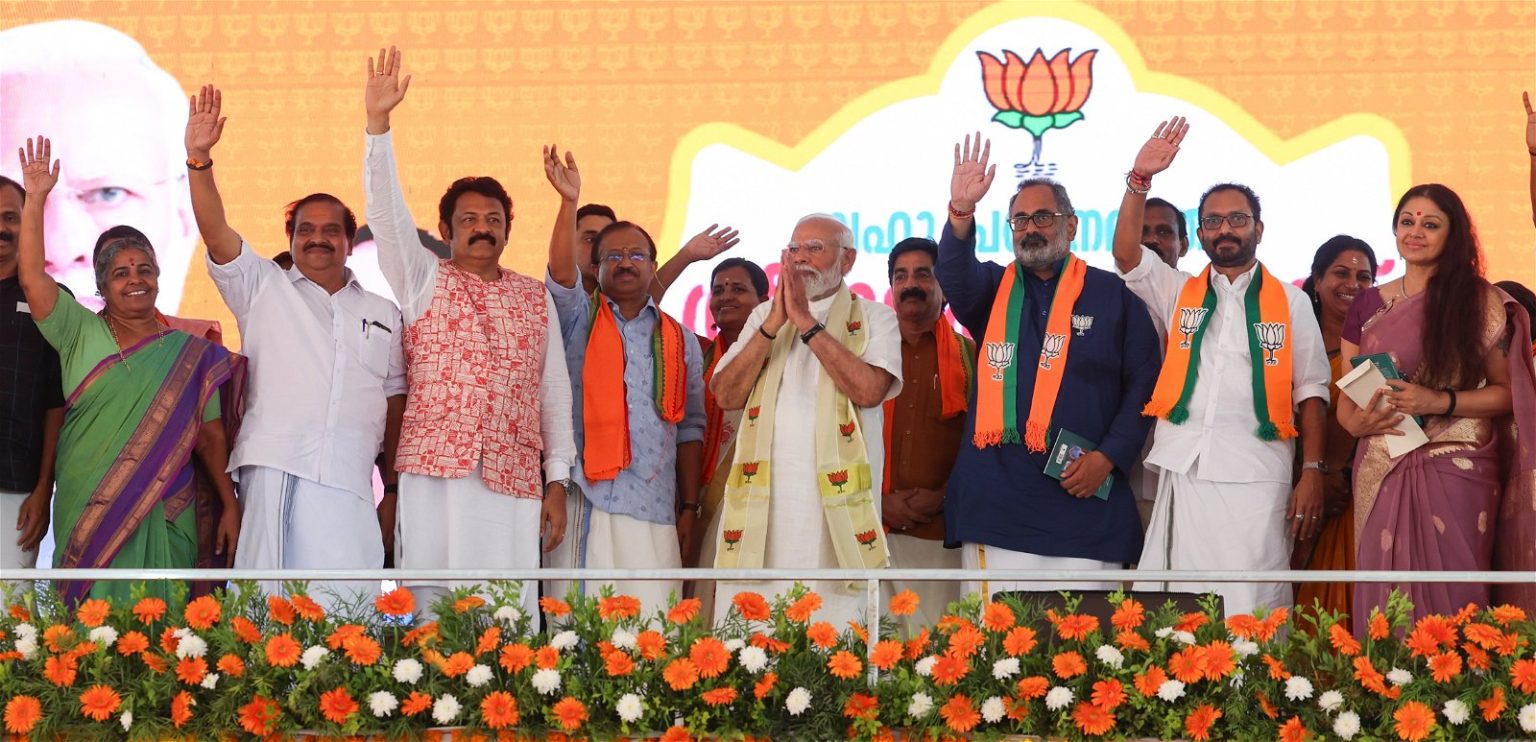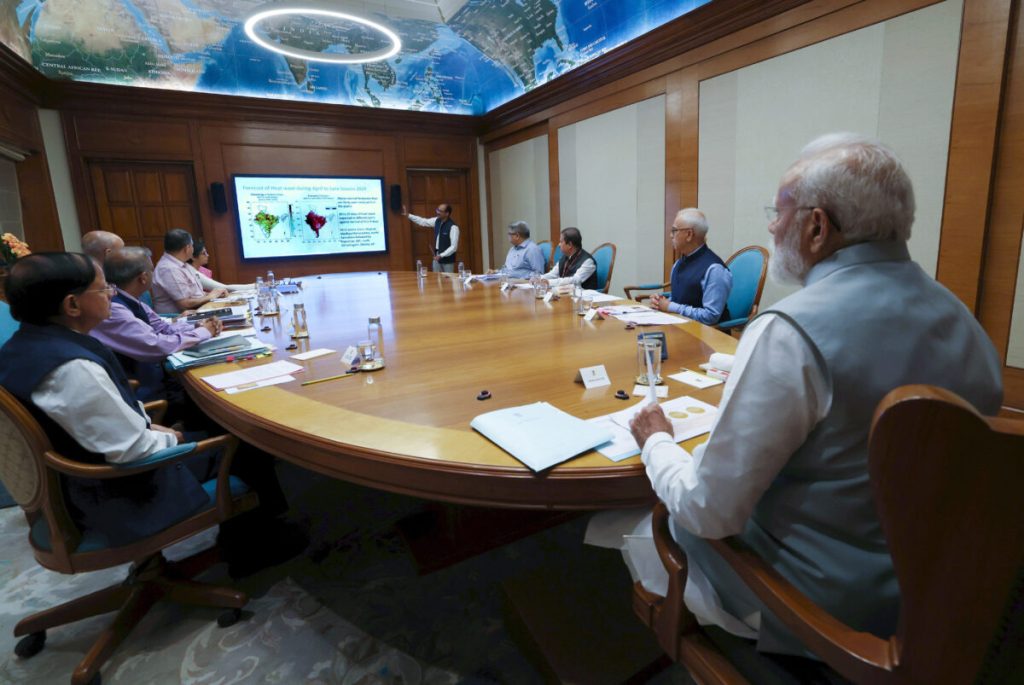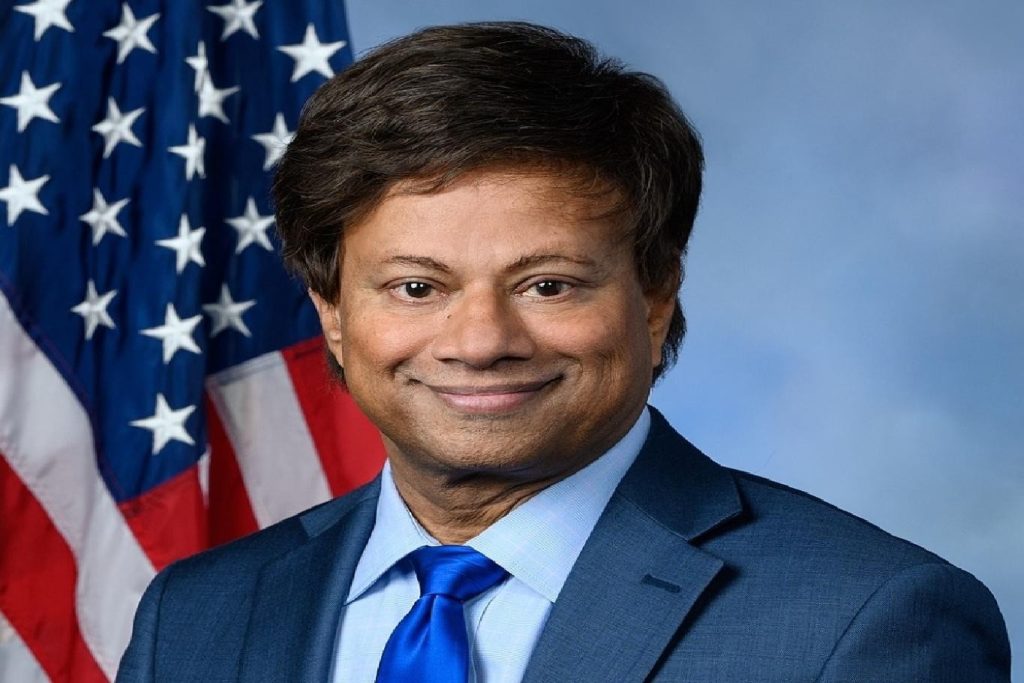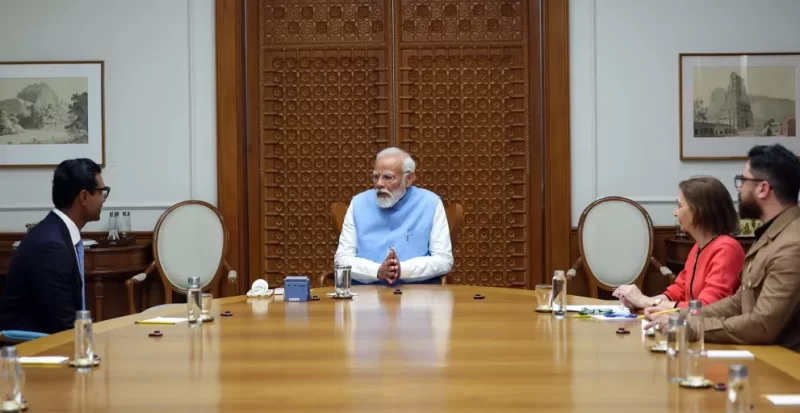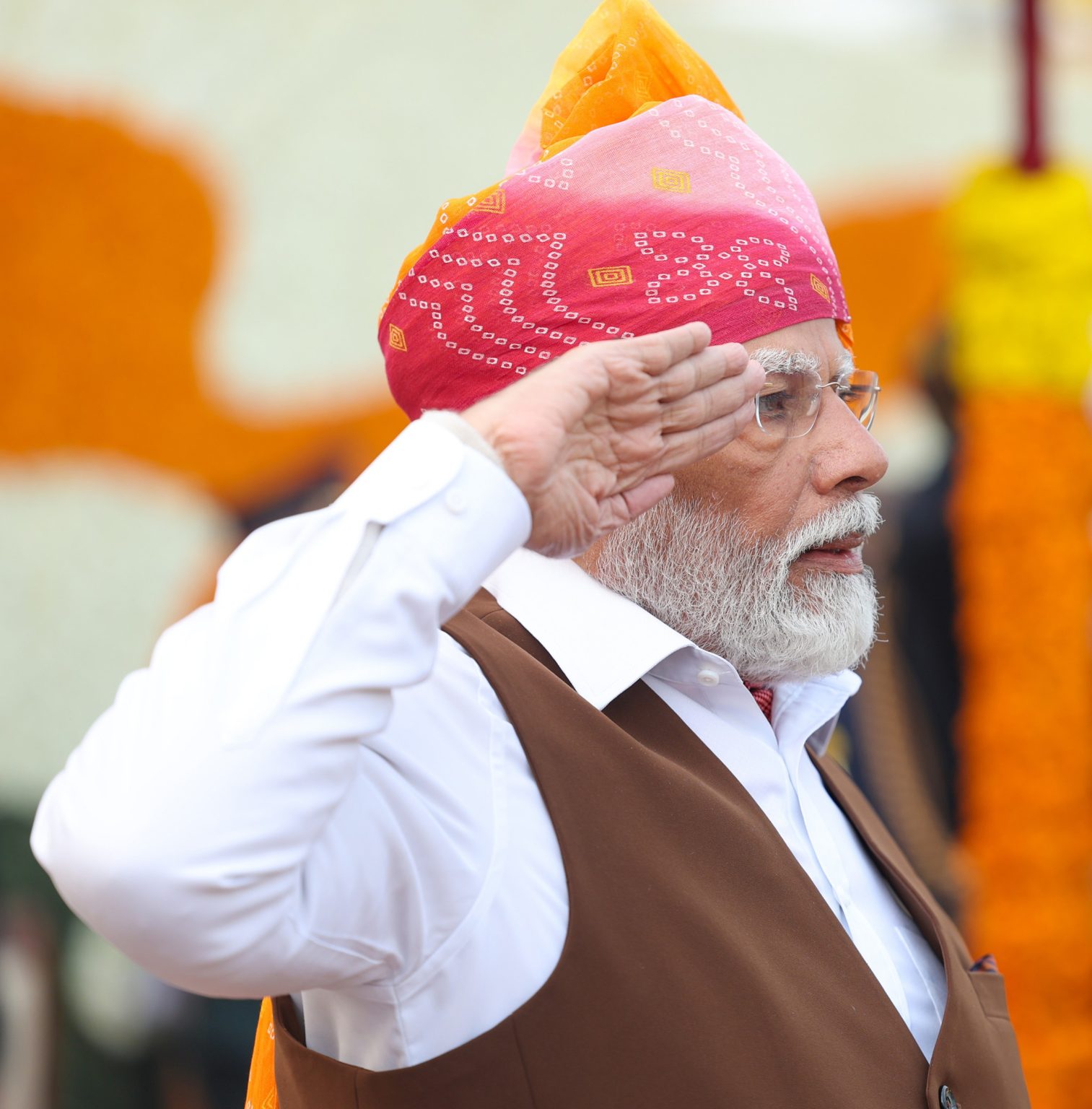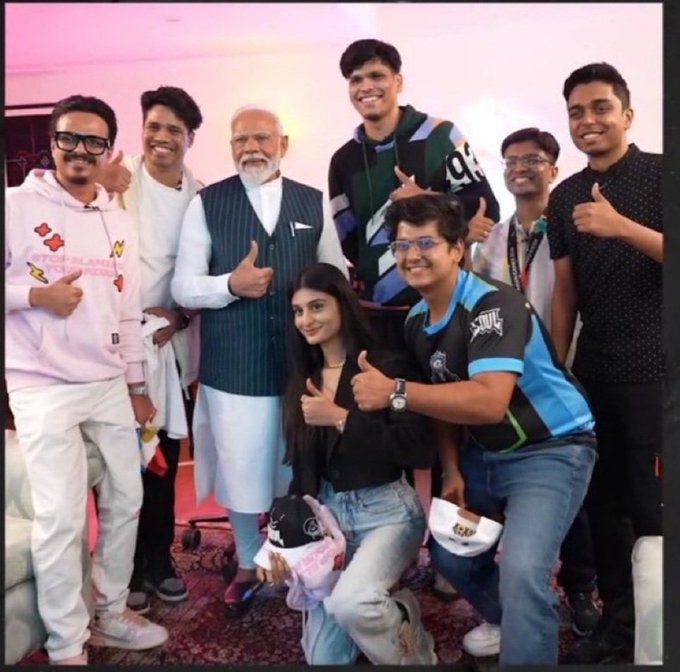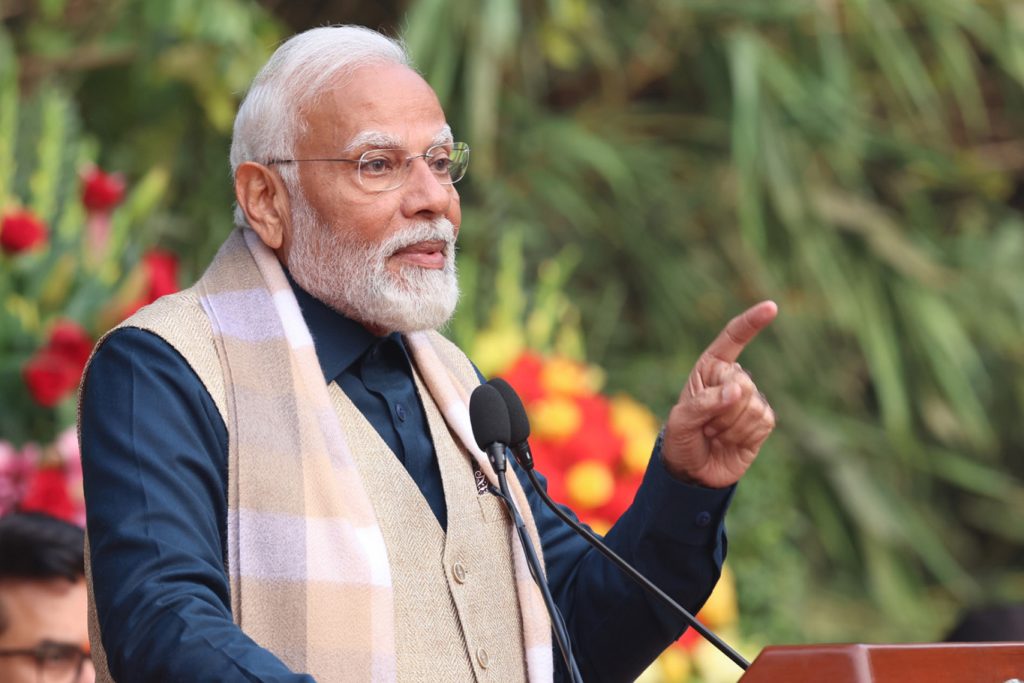Author: Staff Reporter
The BJP pledges to enhance infrastructure development along the borders with China, Pakistan, and Myanmar, stating, “We will introduce technological solutions on fenced portions to make fencing smarter.” The party commits to fully implementing the Citizenship Amendment Act and granting citizenship to all qualified individuals. Regarding the Uniform Civil Code, the BJP asserts, “Bringing Uniform Civil Code: Article 44 of the Constitution lists Uniform Civil Code as one of the Directive Principles of State Policy. The BJP believes that women will only get equal rights, and the BJP reiterates its stand to draw up a uniform civil code,…
In its manifesto for the forthcoming Lok Sabha elections, the Bharatiya Janata Party (BJP) has pledged to persist in its support for renewable energy sources, energy storage, and electric mobility as part of its broader aim to secure energy independence for India by the year 2047. One of the prominent objectives outlined in the BJP’s manifesto is to transform India into a global manufacturing center for renewable energy. The party has committed to creating a Center of Excellence dedicated to clean energy technologies and aims to establish India as a global manufacturing hub for wind, solar, and green hydrogen technologies.…
A prominent Indian-American legislator has proposed a resolution in the House of Representatives denouncing Hinduphobia and other forms of hate crimes directed towards the Hindu community. The resolution, put forward by Congressman Shri Thanedar, highlights the challenges faced by Hindu Americans, including stereotypes, misinformation, bullying in educational institutions, and discrimination. The resolution celebrates the contributions of Hindus and Hinduism to the United States, declaring the country as welcoming to the diversity brought by Hindu Americans. It explicitly condemns Hinduphobia, anti-Hindu bigotry, hate, and intolerance. The document also emphasizes the need to make copies of the resolution available to the public…
Editor’s Note In today’s newsletter, we bring you a comprehensive coverage of Prime Minister Narendra Modi’s activities, with a spotlight on his enlightening interview with Newsweek magazine. This dialogue, which touched upon India’s aspirations and its path forward, is just one facet of the multifaceted leader who continues to shape India’s destiny. From diplomatic engagements and policy announcements to initiatives aimed at fostering economic growth and technological advancement, we’ll provide an all-encompassing look at PM Modi’s efforts to position India on the global stage. His perspectives on sustainable development, digital innovation, and international cooperation offer a glimpse into the…
Photo Courtesy: Newsweek A year following India’s surpassing of China as the world’s most populous nation, its rapid economic growth and increasing global significance position it as an emerging superpower of considerable importance to both the United States and the world. Prime Minister Narendra Modi recently engaged in a dialogue with Newsweek, discussing topics ranging from India’s economic advancements under his leadership to its relations with China, environmental concerns, and criticisms regarding press freedom and minority inclusion. Modi emphasized his government’s commitment to fulfilling promises and fostering inclusive growth through programs like “Sabka Saath, Sabka Vikas, Sabka Vishwas, Sabka Prayas”…
In anticipation of the forthcoming Lok Sabha elections, India TV-CNX carried out a comprehensive opinion poll to understand the sentiments of the electorate. The general elections, scheduled to unfold in seven phases, will commence on April 19, with the vote counting process slated for June 4, as Prime Minister Narendra Modi vies for a third term in office. The opinion poll forecasts that the National Democratic Alliance (NDA), under the leadership of Prime Minister Narendra Modi, could secure 399 of the 543 available Lok Sabha seats if the elections were to be conducted presently. Within this estimate, the Bharatiya Janata…
Courtesy : Twitter In a recent meeting, India’s seven top gamers had the opportunity to engage in discussions with Prime Minister Narendra Modi. This event is not just a milestone for India’s gaming community but also underscores the increasing significance and impact of gaming within the country’s cultural and economic spheres. The meeting included notable gaming influencers who expressed their belief that Prime Minister Modi’s vision could dramatically transform the gaming landscape in India. Gamers such as Animesh Agarwal, Mithilesh Patankar, Payal Dhare, Naman Mathur, and Anshu Bisht were among those who shared insights on the burgeoning e-gaming industry with…
Prime Minister Narendra Modi’s interview with Amar Ujala, a Hindi-language daily newspaper published in India that was founded in 1948. It has 22 editions in six states and two union territories, covering 180 districts. It has a circulation of around two million copies. The interview was done in Hindi. Here is the English translation. Question: Villages are becoming vacant in Uttarakhand, which has beautiful and immense natural wealth. The new generation does not want to live in the mountains. The migration is not stopping. What is the plan from the Center for their secure future? Answer: I have spent…

